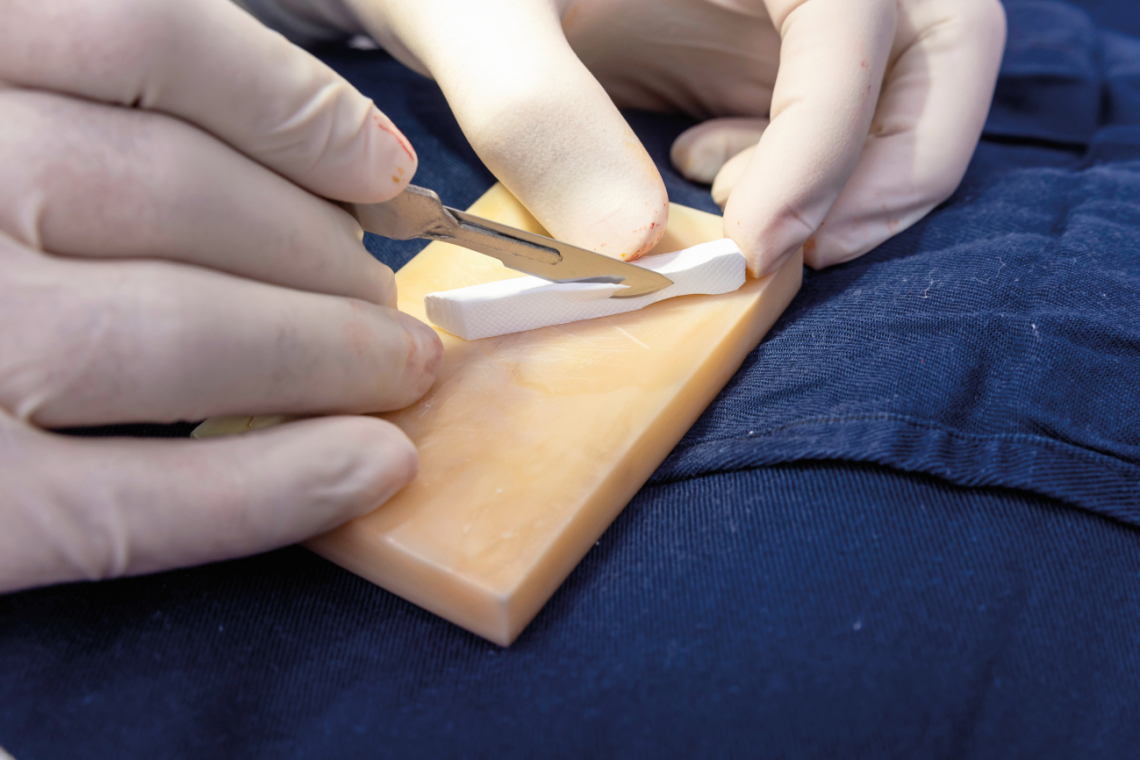A project at the Kunststoffinstitut Lüdenscheid is dealing with a topic that PLUS readers are very familiar with: the search for PFAS-free alternatives for potential materials and coating technologies.
The project, which will initially run for one year, started on September 1, 2025 with the aim of systematically identifying PFAS-free materials and coating alternatives, evaluating their properties and identifying promising potential applications.
According to Patryk Brener, an expert in surface technology at the Lüdenscheid Plastics Institute, the idea for the ambitious project was born at an event in February 2025. 'PFAScon' dealt with the much-discussed PFAS ban and the ECHA restriction proposal, which is causing gray hair in many industries. The famous PFAS dilemma ("We can't do without, but we have to be able to do without") has yet to be resolved, as the substance group is considered indispensable in many applications - on the other hand, there is a need for action due to demonstrable negative consequences. PLUS dedicated its April issue to this controversial topic. Representatives from the chemical and plastics industries, Ralph Wilken, Fraunhofer IFAM, Vanessa Nuredin and Krasimir Aleksandrov, Karlsruhe Institute of Technology (KIT), as well as Dimitrios Giannakoulopoulos, expert for substance regulation and environmental law at SPECTARIS [*], the German industry association for optics, photonics, analytical and medical technology, gave presentations at 'PFAScon'.
The search for alternatives continues
The project is motivated by the ECHA proposal to ban the manufacture, use and placing on the market of PFAS, which will be published in 2023, and the desire to reduce persistent and bioaccumulative emissions. PFAS are used in numerous industries due to their longevity and unique properties - such as their enormous temperature and chemical resistance and their sliding properties. In order to find similarly high-performance and sustainable alternatives, potential candidates will be specifically researched, tested and technically evaluated. Participating companies benefit from cost savings through pre-competitive research, improved competitiveness through proactive reaction to customer requirements and legal specifications, early identification of alternatives for their own applications, recommendations for action on PFAS substitution and access to current market and technology research. A project flyer can be viewed on the website of the Plastics Institute.
References
[*] kunststoff-institut.de/aktuelles/event-highlight-februar-pfascon-am-20-02-2025/ (accessed: 3.9.2025).



